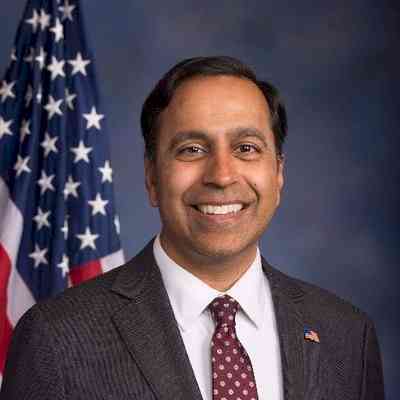Health risks of tobacco consumption and ways to quit smoking
‘Quitters are Winners’- #CommitToQuit

by Dr. Vishwajeeth K. Pai, Consultant Medical Oncologist, Bharath Hospital and Institute of Oncology
Since its inception in 1987, by the World Health Organization (W.H.O), the ‘No tobacco day’ is observed on 31st May, every year with an aim to educate the public regarding the dangers of using tobacco. The ill effects of tobacco are long realized, but invariably it continues to be used indiscriminately.
Tobacco use in India- What is the current status?
As per the Global Adult Tobacco Survey-2 India (GATS-2), 28.6% of Indian population are current smokers and females consume tobacco mostly in the smokeless form. On an optimistic note, a 6% overall reduction was seen as compared to 2011 as a result of various awareness campaigns. As per another study, Tripura tops in the use of tobacco and Mizoram in smokeless tobacco.
What are the various forms of tobacco?
Tobacco can be smoked in the form of beedi-cigarettes or chewed. In India, use of smokeless tobacco in a major concern, in the form of snuff, gutka, khaini, betel quid and pan masala. Tobacco contains various chemicals which have harmful effects on our body.
What are the Health effects tobacco on our body?
Cancer being the major health concern, tobacco has a long list of health hazards that are shown below. Association of tobacco with cancers of head and neck, lung, stomach, Kidney, bladder have been proven beyond doubt.
What are the harmful substances in tobacco?
Nicotine is the major constituent in tobacco which leads to addiction and dependence. There are 72 other compounds in tobacco smoke which have cancer producing properties. Nicotine as such has no carcinogenic potential.
What is the theme this year?
Every year, the ‘No tobacco day’ is centered around a theme. This year it’s about encouraging quitting all forms of tobacco.
What are the effects of quitting?
· Within 20 minutes, the heart rate and Blood pressure drops.
· 12 hours: carbon monoxide level drops.
· 2-12 weeks: lung function improves.
· 1-9 months: coughing and shortness of breath decrease.
· 1 year: risk of heart attack drops to half.
· 5 years: risk of developing stroke is reduced.
· 10 years: risk of lung cancer reduces to half that of a smoker
How can quitting be initiated? - the 5 ‘A’s
· Ask- every patient’s smoking habits
· Advice every patient to quit smoking
· Assess the willingness to attempt quitting
· Assist the patient to quit
· Arrange follow-up with patient after quitting
How is quitting of smoking initiated?
Patients are started on Nicotine replacement therapy in the form of chewing gums, patches. Nicotine is the main substance in tobacco which causes craving and addiction. Administering nicotine alone without the harmful chemicals associated with tobacco helps in improving the health.
What other methods are available to promote quitting?
A strong determination and counselling therapy is the cornerstone of Tobacco cessation. People wishing to quit may also attend therapy sessions to boost confidence in quitting tobacco. There are certain add on medications which can be administered under supervision, when used along with nicotine replacement therapy, increases the chances of quitting.


 cityairnews
cityairnews 









